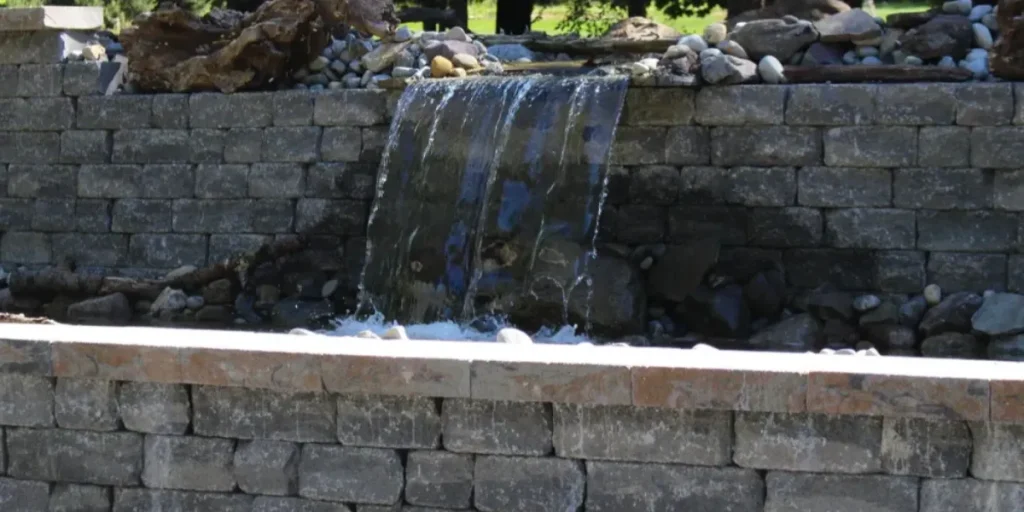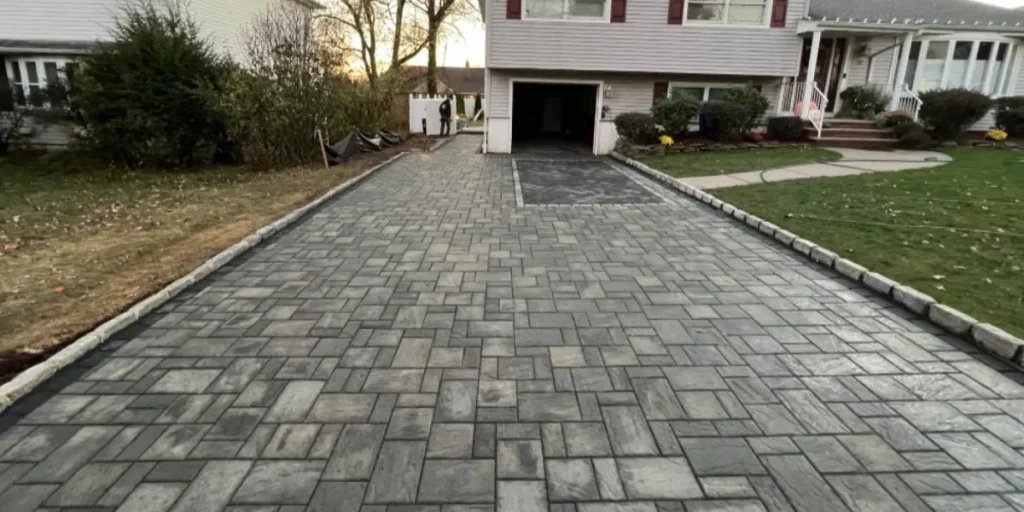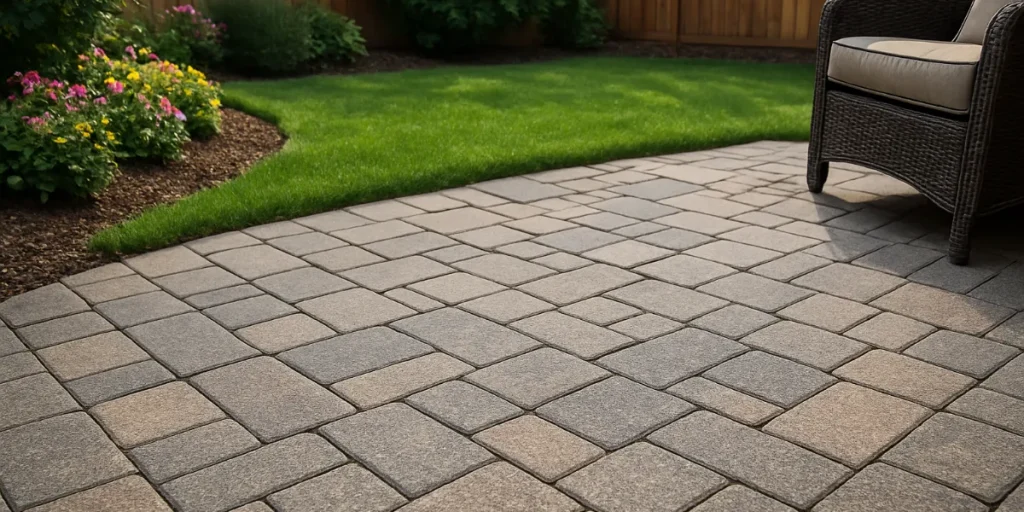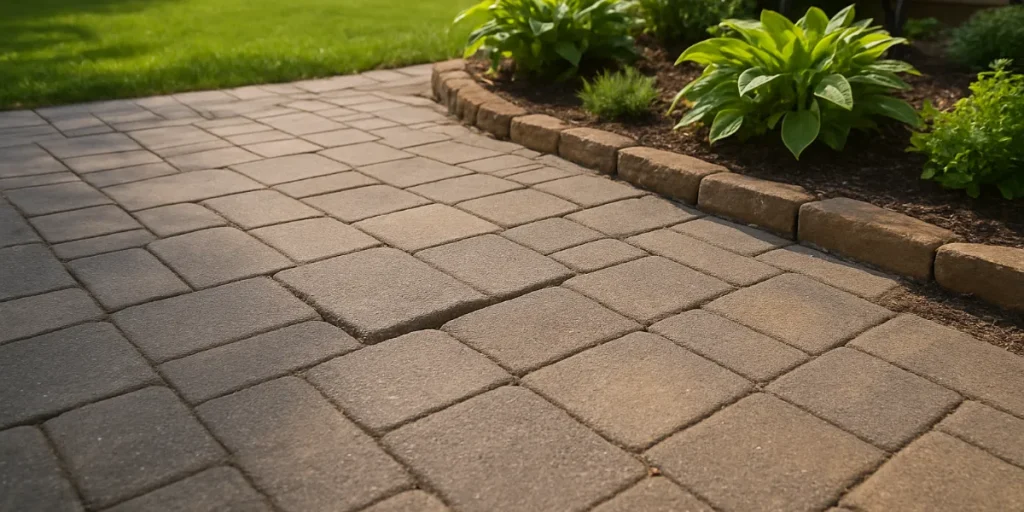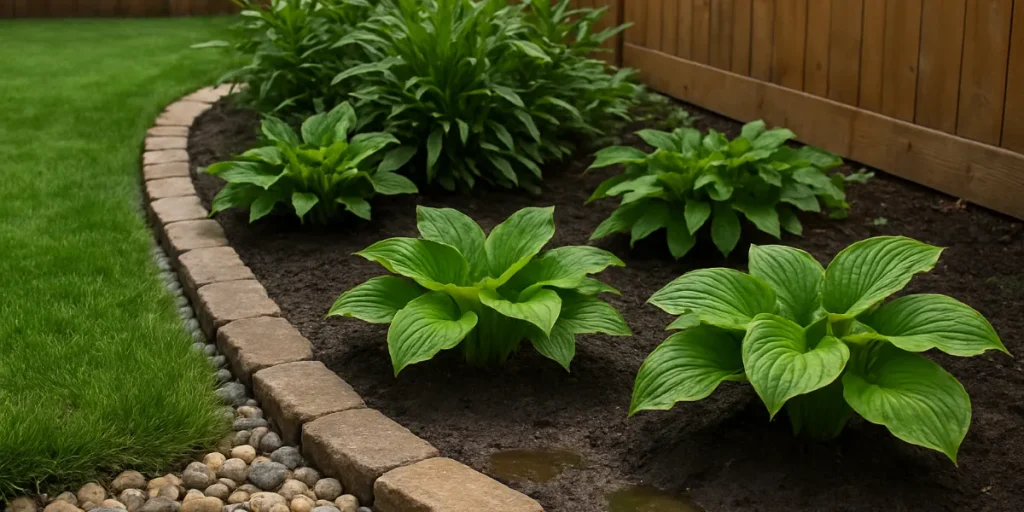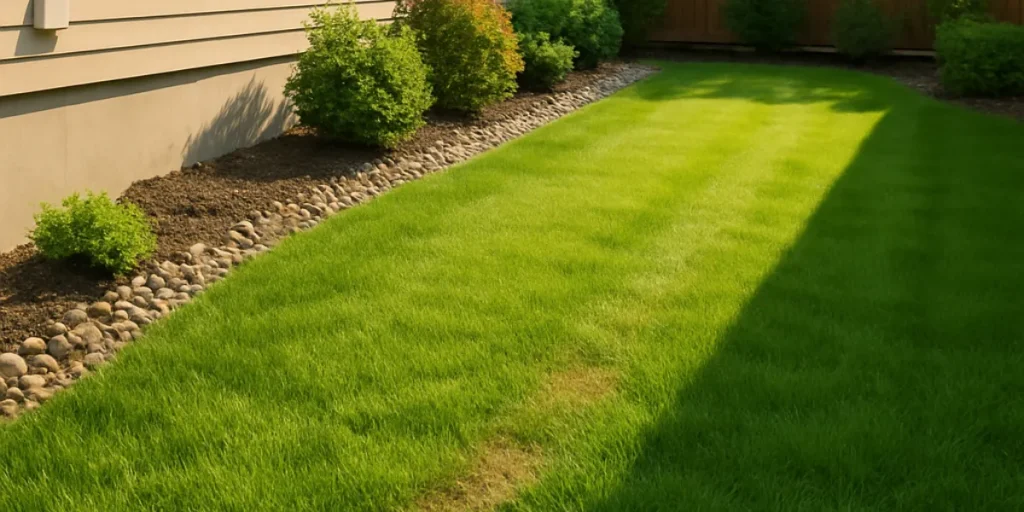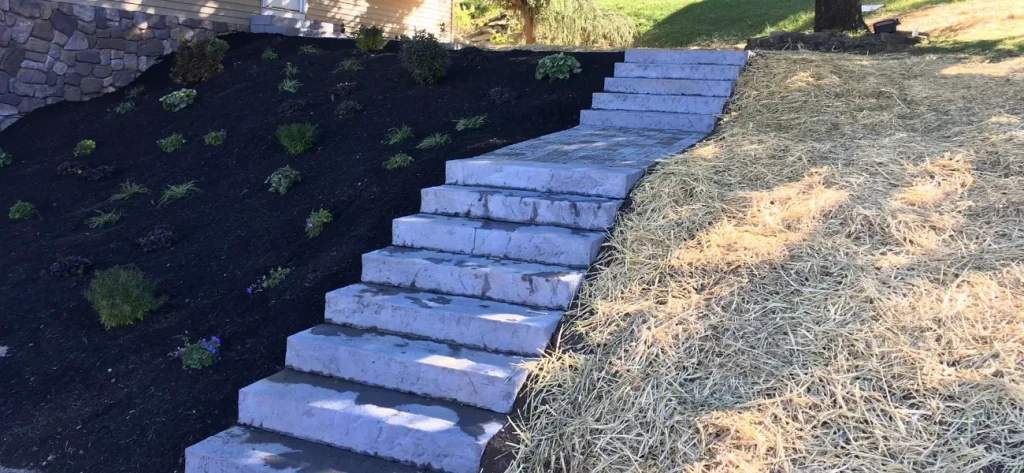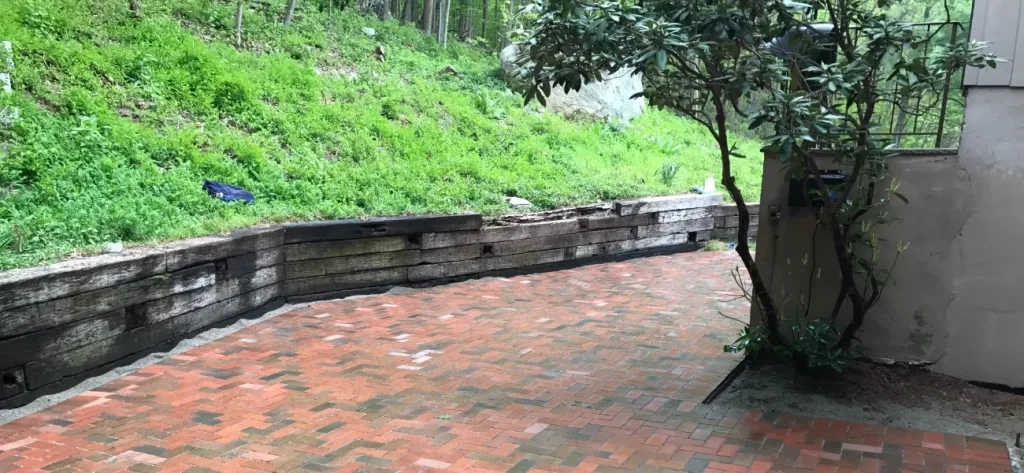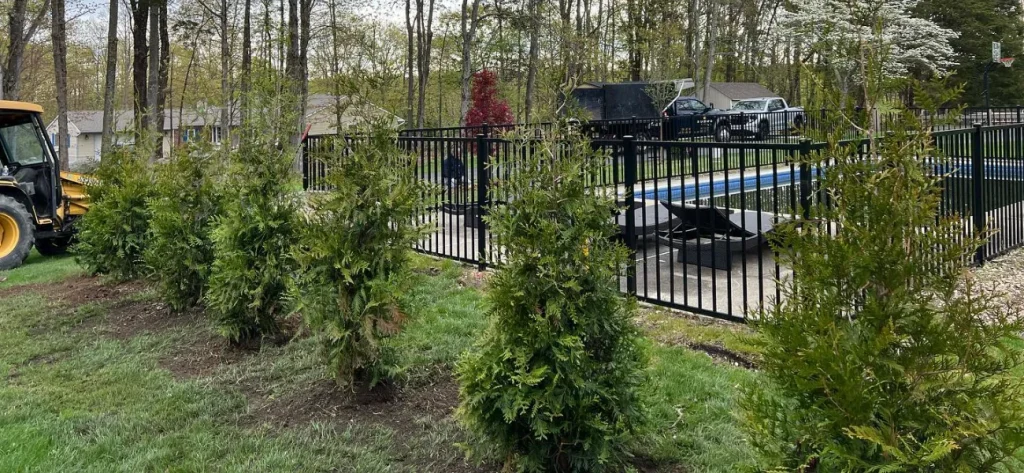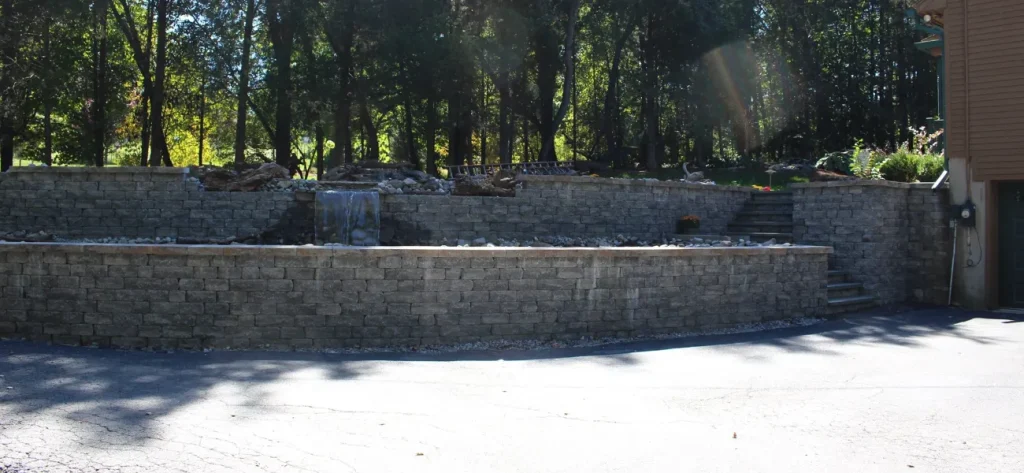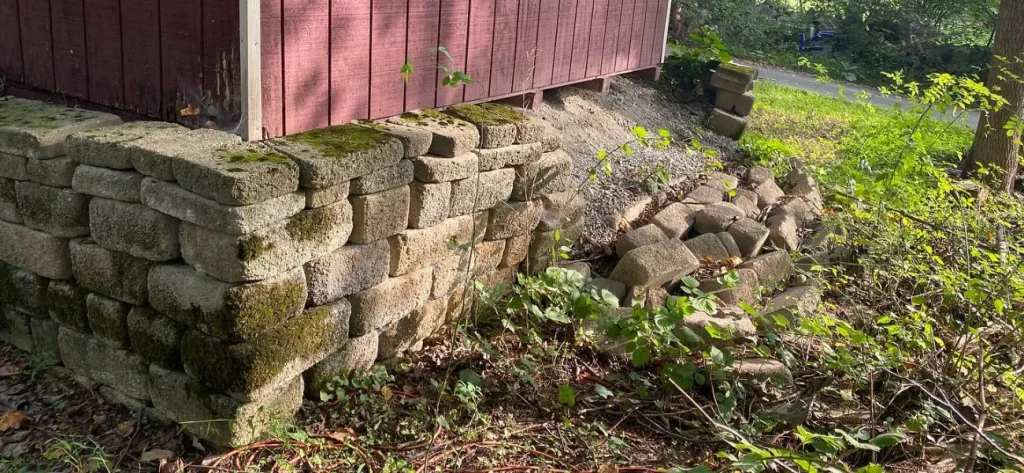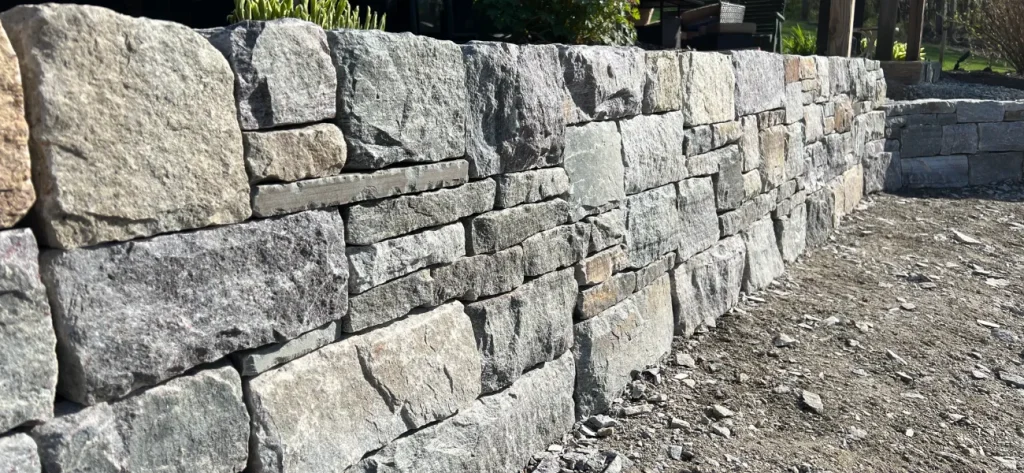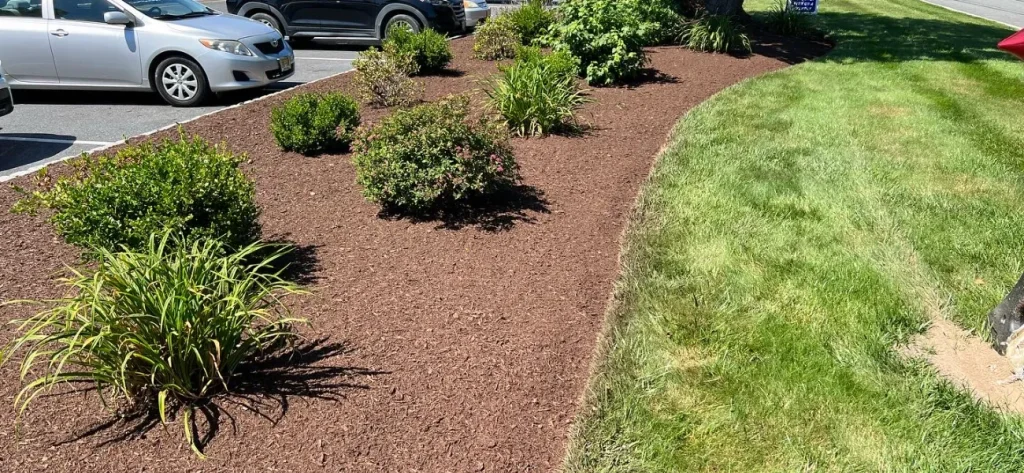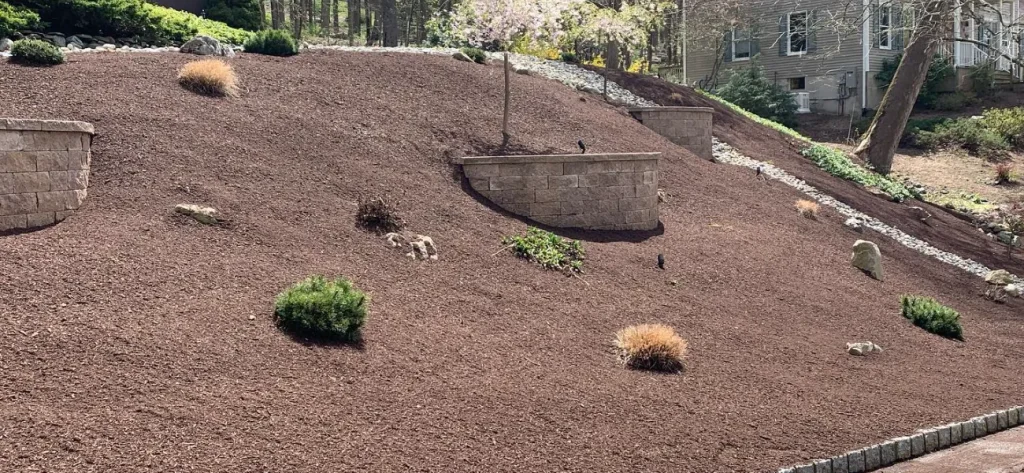Landscaping Tips, Insights, and Inspiration for New Jersey Homeowners
Welcome to the JB’s Landscaping Blog, your trusted resource for expert advice, creative ideas, and practical solutions tailored to the unique landscapes of northwestern New Jersey.
Whether you’re dealing with a sloped backyard, planning a new patio, struggling with drainage issues, or just looking for ways to boost your home’s curb appeal, you’ll find valuable information right here. Our articles are written with New Jersey homeowners in mind—covering everything from retaining wall installations and seasonal yard care to low-maintenance landscaping, outdoor living design, and more.
Backed by years of hands-on experience in Morris, Sussex, and Warren Counties, our goal is to help you make informed decisions about your outdoor spaces—so you can enjoy a beautiful, functional, and lasting landscape year-round.

